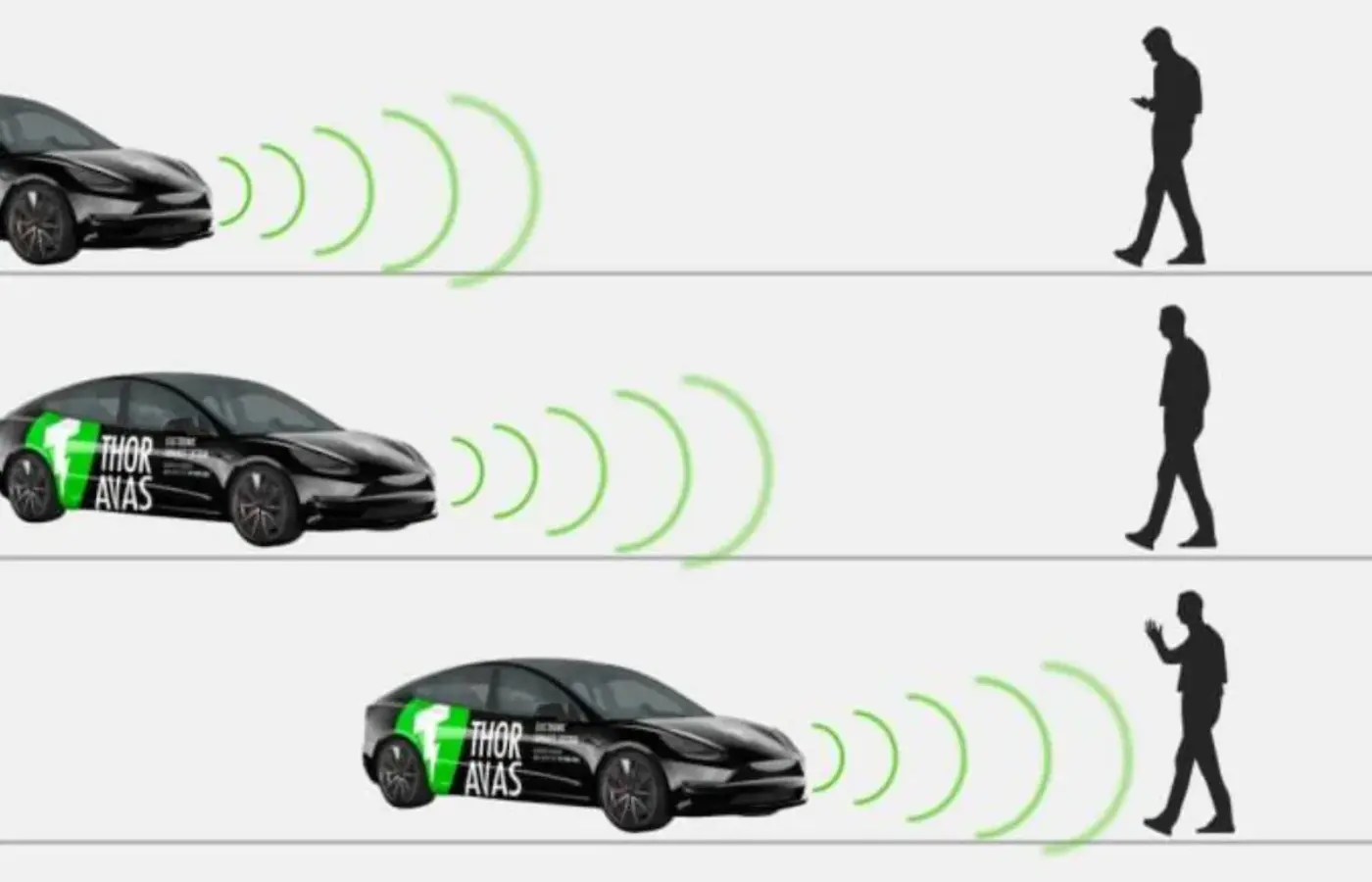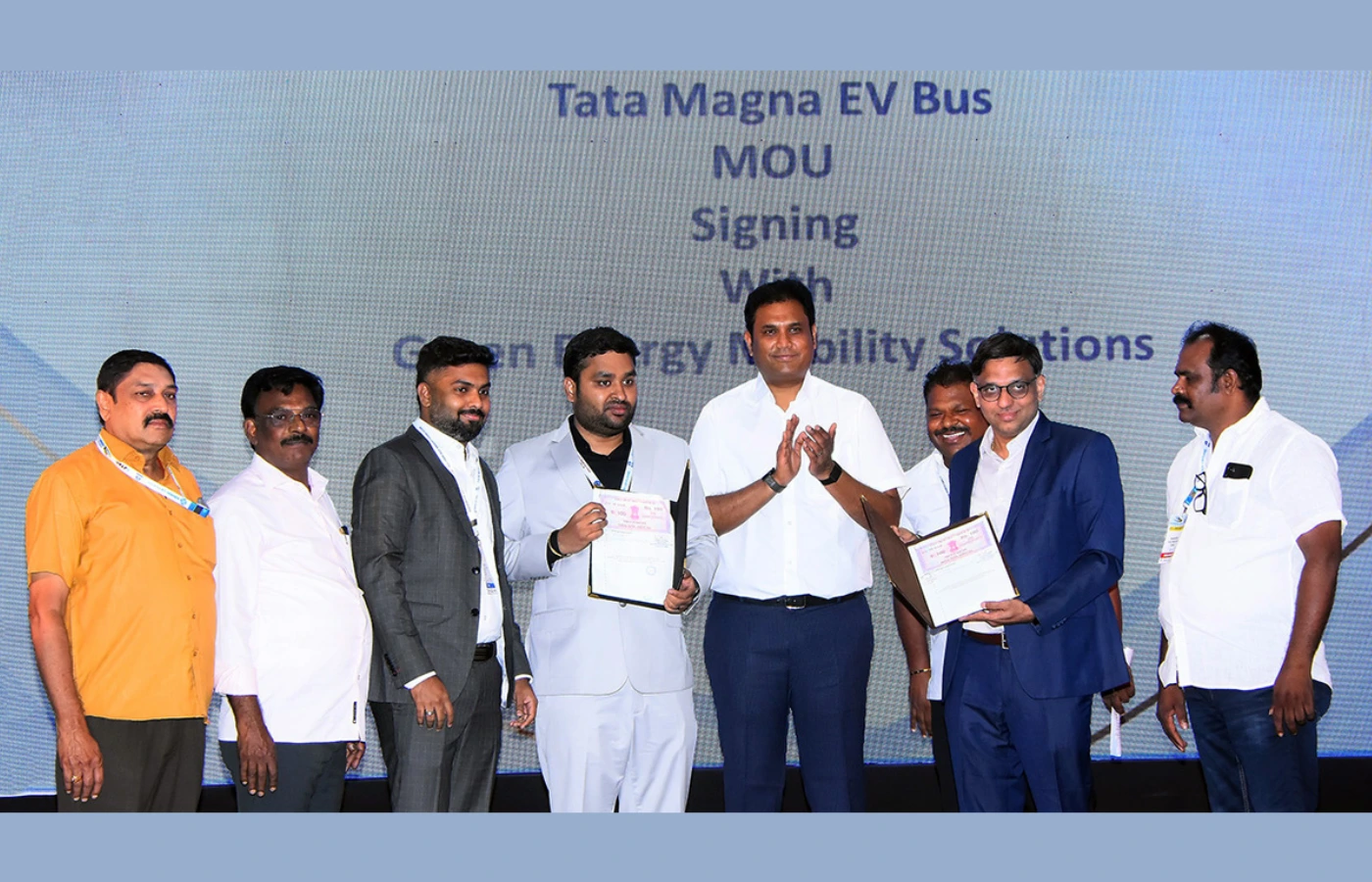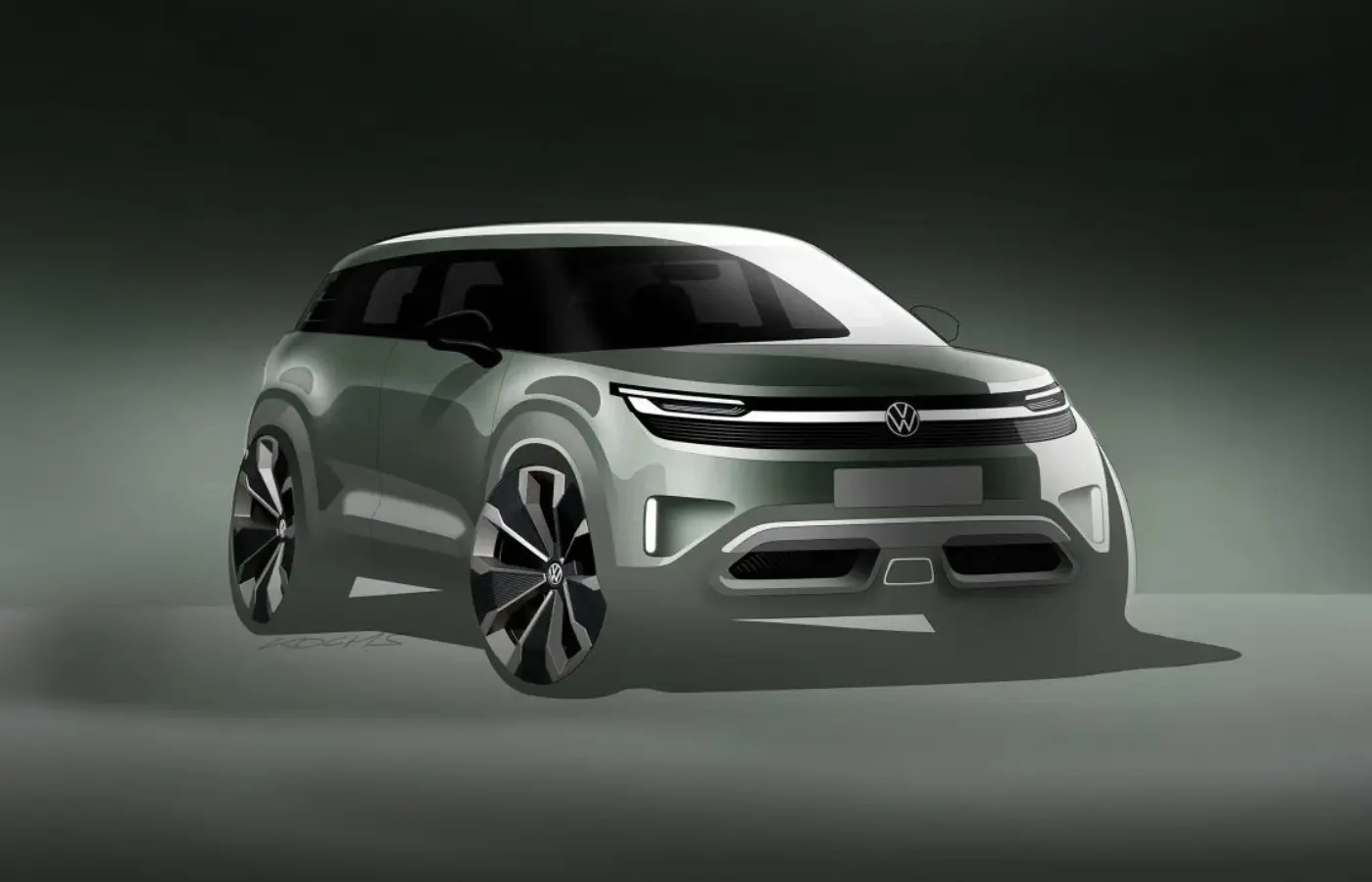Nitin Gadkari promises to bring EV cars prices equivalent to petrol cars in 4 to 6 months.
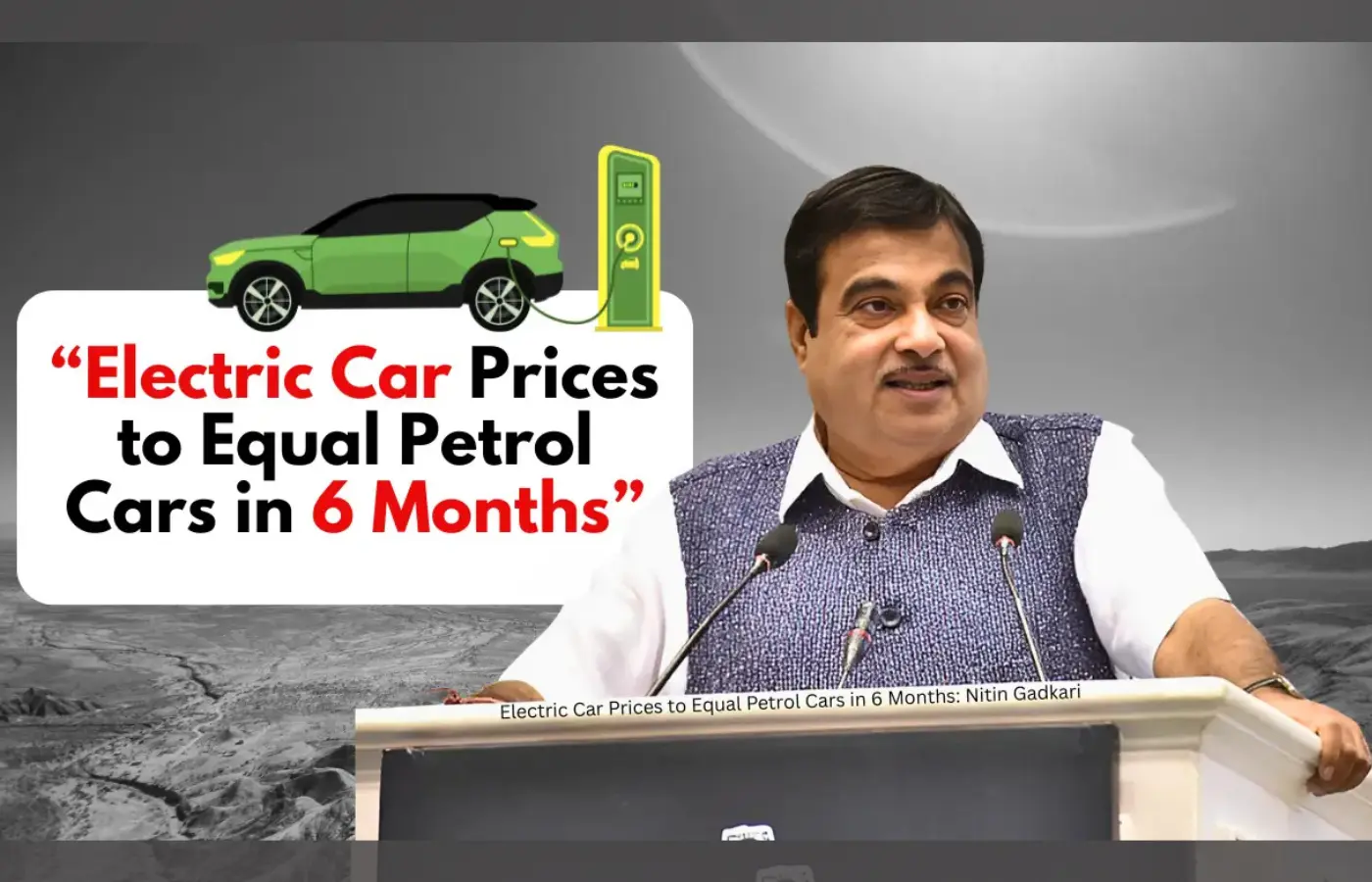
Nitin Gadkari, Union Minister for Road Transport and Highways is all set to achieve price parity of EVs with petrol powered vehicles within the time frame of four to six months. This statement can be a testament to a major shift in the Indian transport system as there will be more diverse options towards greener mobility available with cost-effective mobility solutions.
He announced the particular statement at the 20th FICCI Higher Education Summit 2025, where Gadkari put an emphasis on India’s dependence on internal combustion engines which are impacting the environment and also increasing the financial burden for the country. He further stated that, “22 lakh crore is spent annually on fuel imports, thus creating an urge to develop greener energy.
India’s Focus towards EV Accessibility
Gadkari will be reducing the cost of electric vehicles by innovating heavily on technological advancements and by increasing the economies of scale which will eventually lead to reduced production costs for EVs. This will make EV electric mobility more affordable for Indian consumers, thus increasing the pace of EV transition in the country.
.webp)
India’s Ambitious plans for Auto Sector
Gadkari also described the long term vision for the automotive sector. “Within the span of next five years, our vision is to position India's automotive sector to number one in the world.”
He also added further that when he took the responsibility as the transport minister, the size of India’s automobile industry was at Rs 14 lakh crore. “Currently, the size of the Indian automobile industry amounts to Rs 22 Lakh crore,” as stated by Gadkari, highlighting strong growth despite facing global challenges.
India’s Global Position
If we currently analyse the market, the United States sits firmly at the top of the global automobile market with the industry size spanning Rs 78 lakh crore, followed by China at Rs 47 lakh crore, and India at Rs 22 lakh crore. Gadkari is also confident that India will outperform its global competitors by its strong policy support, technological advancements, and renewable energy generation.
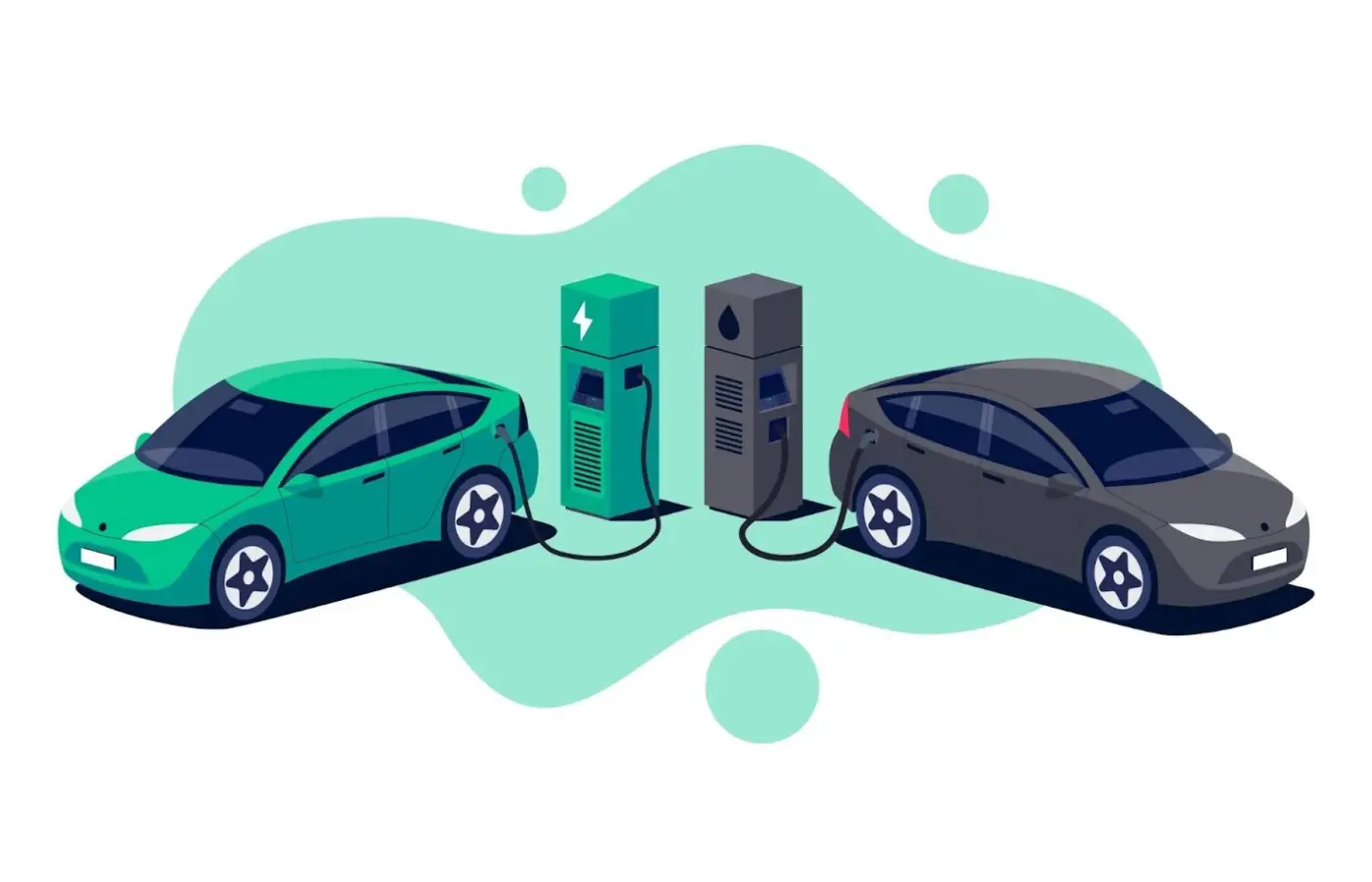
Farmers getting benefits from Green Energy Shift
The minister also highlighted the benefits of renewable energy providing significant support to rural India, He stated that farmers are earning additional Rs 45,000 crore by producing ethanol from corn, showing how sustainable transportation can enhance environment and economic growth.
As India is strongly eyeing towards becoming a global leader in the global automotive landscape, the development of cost-effective electric cars can totally change the Indian transportation system, thus striking a perfect balance between environmental goals with consumer affordability and industrial revolution.
Important Points to Consider
- EV prices are expected to be equivalent to petrol cars within 4 to 6 months.
.webp)
- India is spending a total of Rs 22 lakh crore yearly on fuel imports, making clean energy important to consider as a primary source of transportation in the country.
- The government has set a vision to make India’s automotive industry, the world’s largest industry within five years.
- The Indian automotive industry has grown substantially from Rs 14 lakh crore to Rs 22 lakh crore under Gadkari’s tenure.
- The US and China are currently leading the global automotive industry.
- Farmers are generating additional revenue of Rs 45,000 crore from ethanol production, thus enhancing the rural incomes.
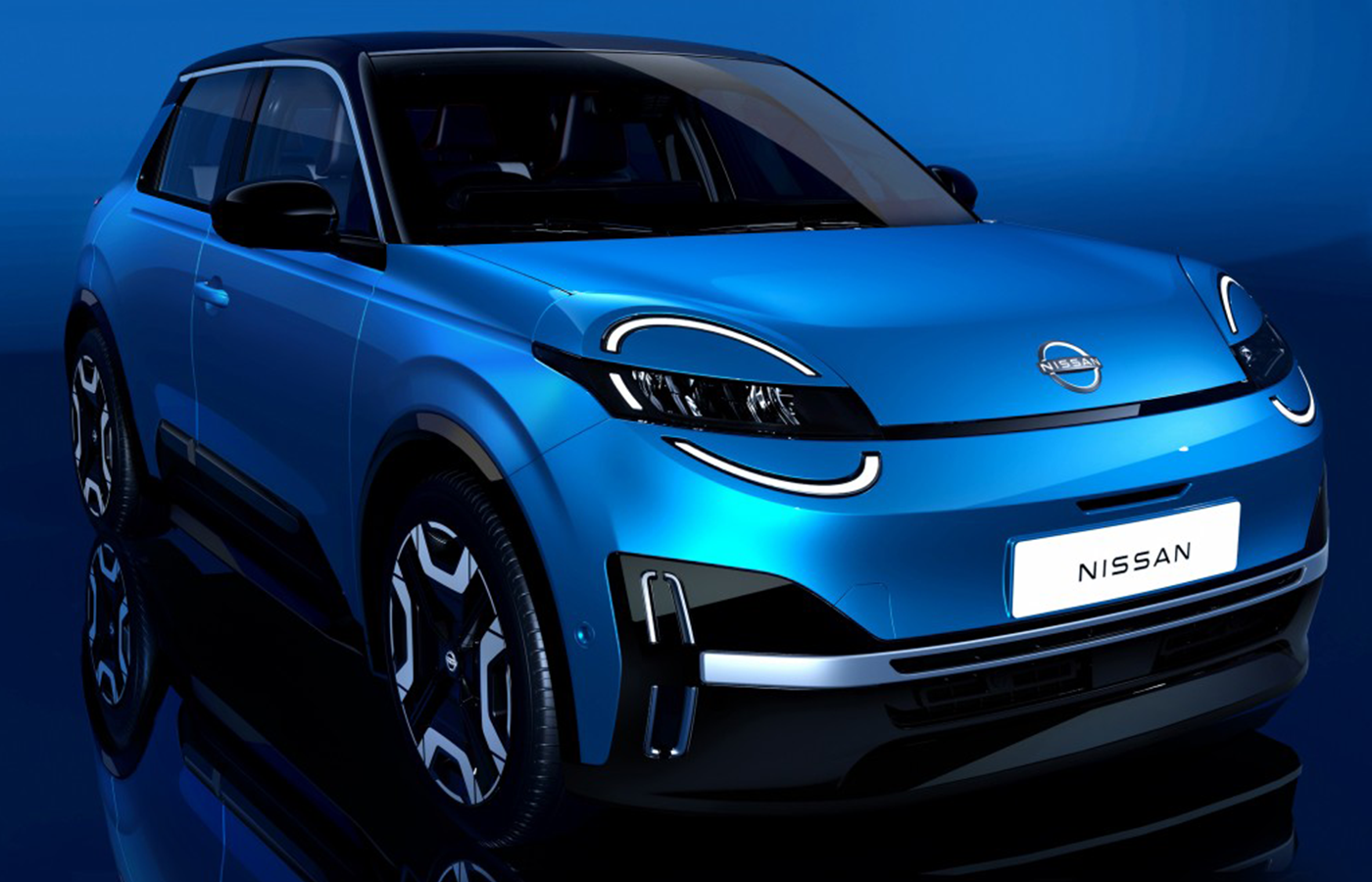
.webp)
